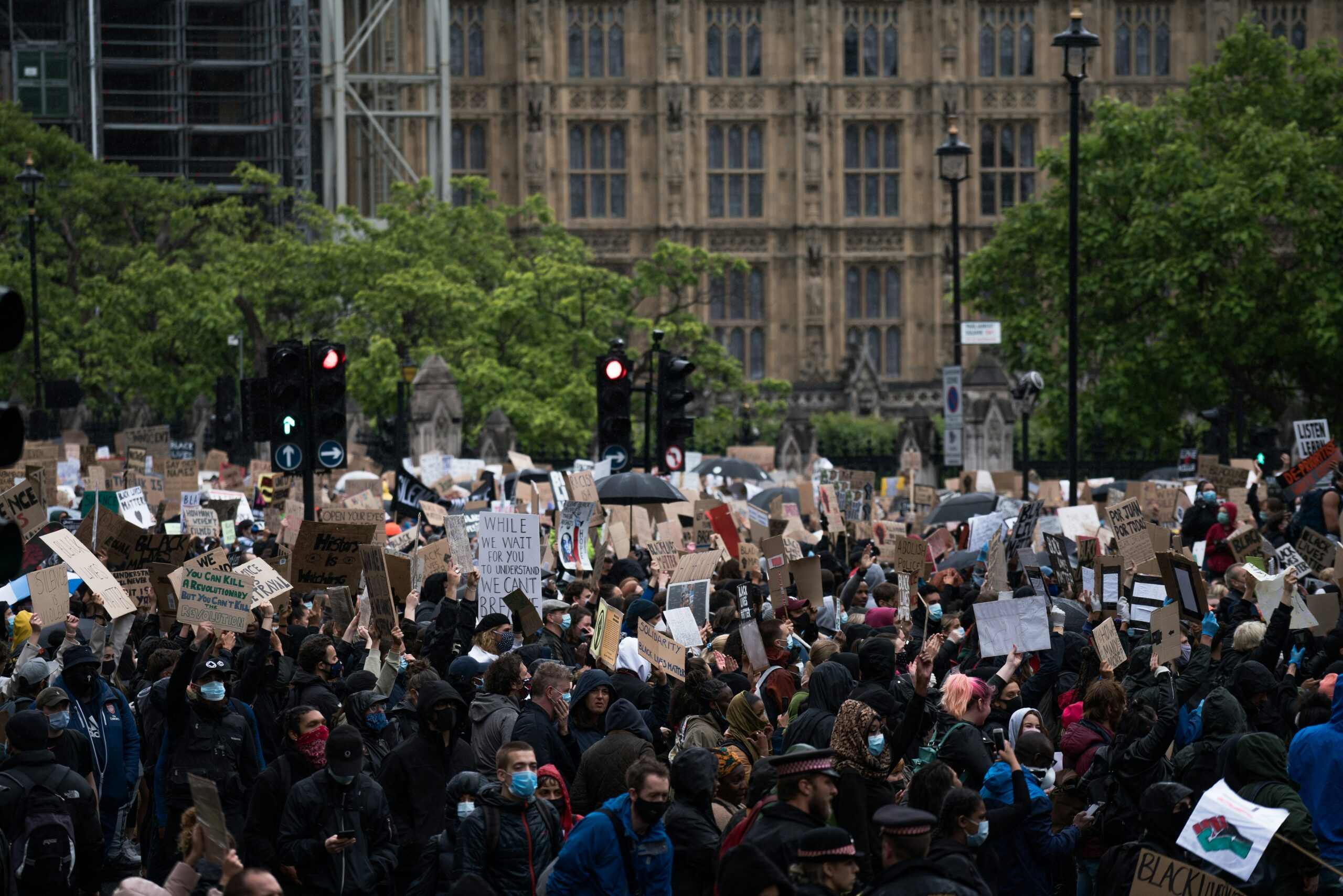The global civil society sector is navigating a storm. The sudden freeze of US foreign aid has triggered a cascade of disruptions felt by organizations across the world – disrupted programming, shrinking budgets, threats from governments and a rise in smear campaigns against non-governmental organizations (NGOs). It has also sparked critical conversations around the need for more resilient, self-sustaining and community-rooted civil society ecosystems.
These important questions were at the center of the EU SEE webinar titled “Navigating Uncertainty: The Impact of US Funding Freezes on Global Civil Society”, held on May 7, 2025.
Over 300 participants – ranging from grassroots leaders to donor agencies and academics – came together to share insights on regional realities, chart collective responses and strategize on how civil society can withstand financial shocks and continue driving transformative change around the globe. Speakers from the EU SEE, a network monitoring the enabling environment in 86 countries, shared their experiences during the webinar, focusing on case studies from Nigeria, Peru, and Indonesia.
According to the discussion, there are three top ways in which donors can support: core and unrestricted funding, longer-term grants, and greater localisation of aid. At the same time, CSOs need to strengthen their ties with key stakeholders, including local communities, and actively work to mobilise public support and build solidarity networks.
A crisis beyond budgets
Data presented during the webinar showed the scope of the problem. A recent EU SEE survey revealed that 72% of organisations who responded have been directly affected by the funding freeze, with 40% of them facing severe budget cuts. These financial cuts are forcing many CSOs to halt projects, lay off staff or even shut down. But speakers emphasized that the damage is not just material—it is also political and this is reshaping the broader enabling environment for civil society.
Civil society organisations are also facing a growing wave of misinformation, legal restrictions and public mistrust, often pushed forward by state and media narratives that portray NGOs as foreign agents or criminals. “Terms like ‘money laundering’ and ‘criminal organizations’ are being used to describe NGOs in Nigeria,” noted Oluseyi Oyebisi, Executive Director of the Nigeria Network of NGOs (NNNGO). “This kind of framing is deeply dangerous and it’s gaining legitimacy.” These narratives are emboldening lawmakers. In Nigeria, new legislative efforts to regulate civil society are emerging alongside official investigations into NGO finances.
In Peru, similar dynamics are unfolding where the government is proposing a law that would require CSOs to submit their project plans for state approval and restrict their legal advocacy work. “In Peru, the aid freeze hasn’t just cut budgets, it’s helped fuel the push for laws that silence our sector,” said Carlos Arroyo of Proética. “It’s not just the funding that’s disappearing, it’s the space to act.”
Local solutions, Global Lessons
In spite of these pressures, CSO’s are responding with creativity and determination. Across regions, organisations are investing in solidarity networks, public outreach and domestic resource mobilisation strategies to reduce reliance on often volatile foreign aid. “This is an opportunity to rethink our funding models,” said Intan Kusumaning Tiyas from INFID in Indonesia. “We need stronger local ecosystems—and donors must help us get there.” In Indonesia, for example, civil societies are advocating for a presidential regulation to create more diverse funding streams, especially from national sources. Meanwhile, in Nigeria and Peru, organisations are exploring partnerships with philanthropic actors and private sector funders, even as they remain cautious about compromising their advocacy priorities.
Speakers agreed that reform is needed not only within civil society but also among donors and development agencies. The traditional aid architecture – which is often centred on short term, project-based grants – is no longer fit in today’s context. The message to donors was clear: civil society needs flexible, long term, and predictable core funding that allows organisations to plan, innovate, and survive moments of crisis.
A time for innovation and collective action
Throughout the discussion, one theme kept surfacing: this moment, though difficult, is also one of transformation. Civil society is being tested, but it is also being galvanised. “We need to tell our story better, reach out to our communities more boldly, and push back against efforts to silence us,” said Oluseyi Oyebisi.
Carlos Arroyo emphasised the importance of aligning funding with values: “With new players like China and corporate donors entering the space, we have to be more intentional than ever about who we partner with – and why.” As civic space shrinks and donor priorities shift, organisations must become both more strategic and more rooted, building strong local ties while continuing to challenge injustice on a global scale.
The conversation continues
The May 7 webinar was part of a growing body of work by the EU SEE Network, which monitors threats to civil society in real time and supports joint advocacy and learning.
Download the webinar presentation here.
The discussion also feeds into “Frozen funds, Unfrozen purpose” a podcast series that captures how CSO’s around the world are adapting to the current crisis.
Listen to the podcast episodes here
On the country pages you can subscribe to receive EU SEE alerts or other updates from the country.
